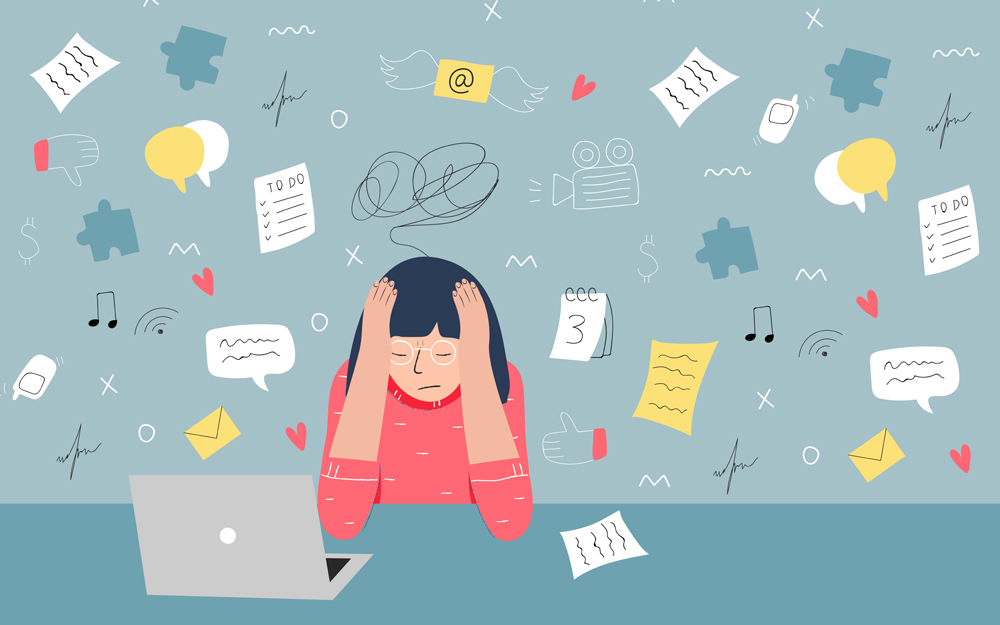Risks of Stress
“Five years ago, I was convinced that the root cause of most of the complaints I saw in my practice was poor diet. Now I’m convinced it’s stress,” wrote Dr. Rangan Chatterjee in his book, How to Make Disease Disappear. Stress has far-reaching effects on the body and emotions.
In The Stress Solution, Chatterjee wrote: Stress can have devastating long-term consequences for health. Too much of it contributes to the development of obesity, type 2 diabetes, high blood pressure, cardiovascular disease, strokes, and Alzheimer’s disease. Stress is also a key player in insomnia, burn-out and auto-immune disease, as well as many mental health disorders such as anxiety and depression.
However, stress may not be harmful if it has a direction and a timeline: You set the goal, and you’re in charge, say Dean and Ayesha Sherzai, MDs, in their book, The Alzheimer’s Solution. The type of stress they focus on in their practice is uncontrolled stress: You don’t own it and you didn’t choose it. The Sherzais say that “unrelenting, uncontrolled stress puts the body in autonomic overdrive and subsequently increases cortisol. . . . Elevated cortisol has been shown in several studies to increase the risk of developing Alzheimer’s disease.”

